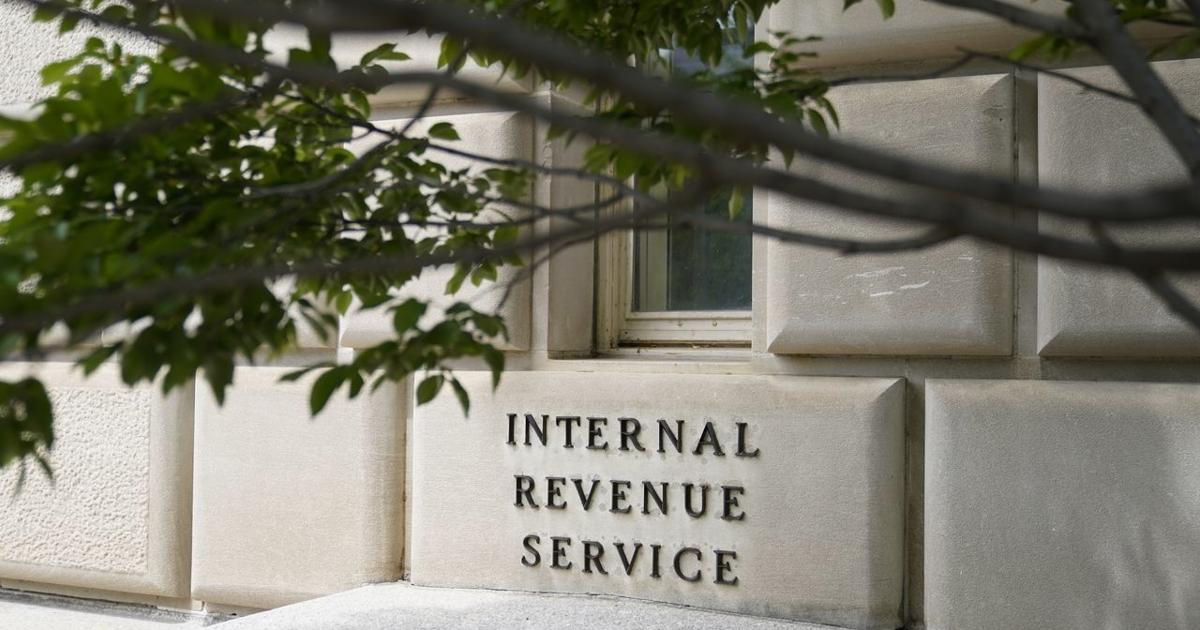[ad_1]

Happy New Year! Ready for the next wave of scams? Scammers have been tuning up for weeks and their efforts are coming to life.
Jan. 1 is a significant date for most of us and one that criminals anticipate. With the tax year ending, many are collecting paperwork for filings and anticipating receipt of necessary forms.
Beware of email messages, text messages and telephone calls from government agencies such as the IRS and the Social Security Administration.
The notices may carry alerts regarding unpaid tax bills, incomplete paperwork, benefit changes, or a need to update files. Often the messages carry dire warnings of fines or arrest if you fail to comply immediately and just the receipt of such a warning can be emotionally traumatizing and establish a degree of fear.
These notifications should be seen as a four-letter word in your vocabulary: SCAM! Government agencies use the U.S. Postal Service for communications, not text messages, emails or phone calls. They will not threaten you with comments like, “Failure to immediately respond will result in imprisonment.”
There a few very simple steps to take:
— If you receive a phone call, hang up and don’t worry about being rude; if a text message or email, simply close the device window (don’t immediately erase the message).
— Use a reliable contact number and call the agency or department that allegedly issued the notice to ask if they are reaching out to you and if not, report the scam. You will likely be asked for details including the means used by the scammer.
— After reporting the contact, erase the text or email. Never try to respond using the contact information in the scam message. Too often, the intended victim, at best, opens herself or himself to additional targeting; at worst, the intended victim provides personal information that can be used in identity theft.
A second scam for the new year targets insurance coverage changes. You may recall the incessant advertising for Medicare Advantage plans a few weeks ago (thank heaven they are over, for now). At that time, many subscribers changed insurance coverage by either adding or dropping programs.
In some cases, program managers made changes in coverage or benefits. These changes take effect on Jan. 1. Beware of emails, text messages or phone calls from anyone claiming to be your insurance provider. Follow the steps identified above to protect yourself.
In this situation, the criminal will likely threaten you with the loss of insurance coverage. Insurance policies are contracts between the insurance provider and the policy purchaser. Legal requirements provide for written notice of any changes in insurance coverage, not by text message, phone call or email. Contact your provider using a verifiable phone number to report the contact and ask if it is fraudulent.
Additionally, beware of any requests for payment that are made other than by mail (even then verify the request for remitting payment). Any request for gift card payment or cryptocurrency (Bitcoin) is an immediate signal that a scam is being played out. Legitimate companies (and the government) will not conduct business in this way.
In the news!Here is a deal (scam) you can afford to ignore. If you are a TV junkie you might be eager to grab this limited time offer: Free Netflix for a year!
Thousands received emails and text messages announcing “Due to the pandemic, Netflix is offering everyone a free year of service to help you stay at home. Click the link to sign up.”
Don’t! It is a scam. Clicking the link takes you to an imposter website on your device (computer, tablet, smartphone) asking for credit card and personal information. If you are a recipient, report the scam to the Federal Trade Commission at ftc.gov.
Finally — think you’ve received too many scam calls? T-Mobile announced that they blocked over 21 billion scam calls this year so consider yourself lucky!
Elliott Greenblott is a retired educator and the Vermont coordinator of the AARP Fraud Watch Network. He produces a feature CATV program, “Mr. Scammer,” distributed by GNAT-TV in Sunderland, Vt. More information can be found at gnat-tv.org. Questions, concerns? Contact Elliott at egreenblott@aarp.org.
[ad_2]
Source link
